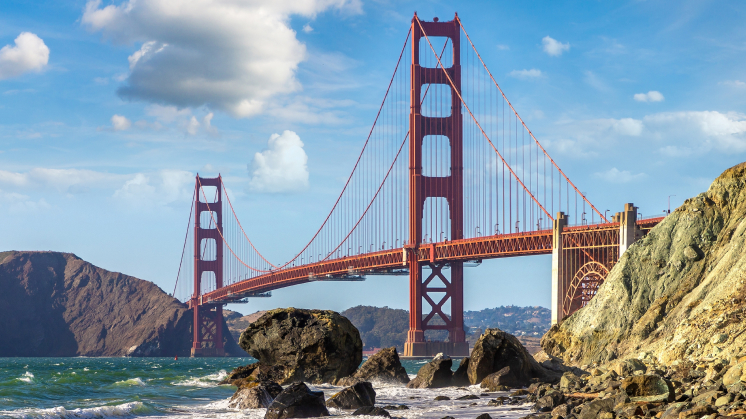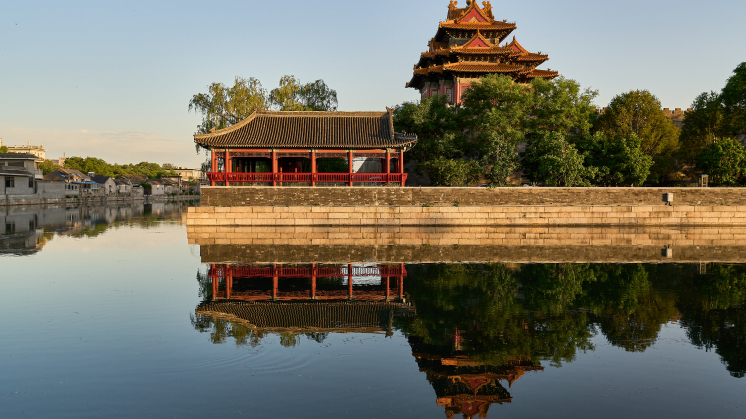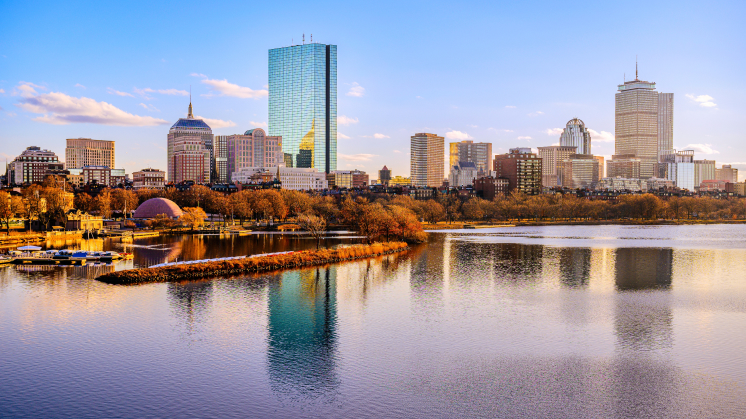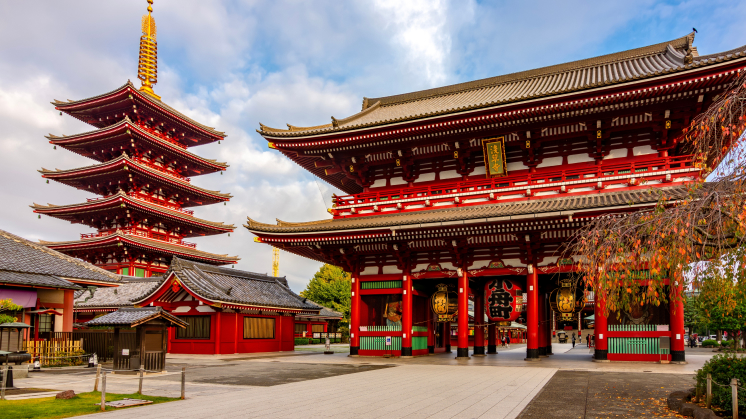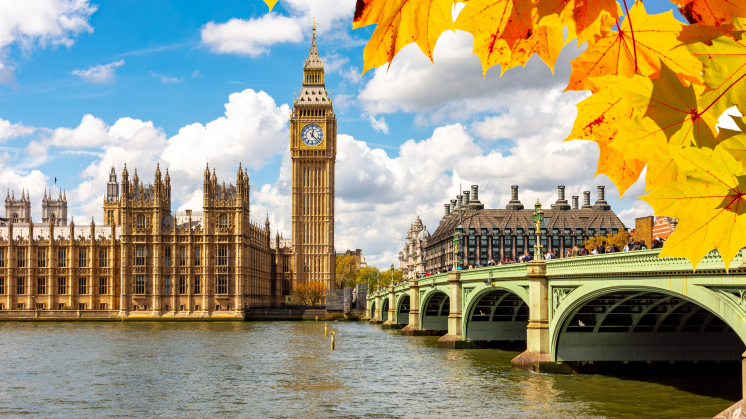Innovative cities
A journey around the most innovative cities in the world
In a world subjected to constant change on the back of the digital revolution, innovation has become essential. This is not only true for the business world, but also for cities. Discover which are the most innovative and competitive cities in the world, and the criteria that have put them at the top.
The world is a whirlpool of permanent transformation resulting from the digital revolution and standing still is a threat to survival. In the Fourth Industrial Revolution, innovation has become a necessity and many businesses already consider it central to their strategy. According to Forbes magazine, innovation is vital for companies because it allows them to penetrate markets quicker, create original concepts, and grow more easily.
But innovation is not only vital in the business world. Today it is also fundamental for the success of a city. The combination of innovation and talent in cities creates higher productivity and greater long-term economic growth. Likewise, cities that combine these two characteristics are also more resilient in the face of economic/financial crises.
Keys to the development of an innovative city
According to the Innovation Geographies report published in 2024, which analyses which are the most innovative cities and those with the highest concentration of talent in the world, the main indicators to assess the level of innovation in a city are: Foreign Direct Investment (FDI) in hi-tech industries, levels of venture capital, expenditure on Investment and Development, and the number of international patent applications.
Other main indicators to take into account to measure the concentration of talent present in a city are: quality of higher education, standard of education among the population, percentage of population between the ages of 20 and 40, and percentage of jobs in hi-tech industries. In San Francisco, considered to be the most innovative city in the world, and in similar cities elsewhere, a strange paradox is occurring whereby real-estate speculation as a result of the boom is beginning to affect accessibility to housing for that age range.
The world's most innovative cities
According to the above criteria, JLL, a global real estate company specialising in commercial property and investment management, has determined that the five most innovative cities in the world are:
1. San Francisco (U.S.A.)
This is the city that is home to the greatest number of startups in the world so it has an incredible capacity to attract and retain talent. It is also the global epicentre of advanced technology, home to Silicon Valley with companies like Google, Apple, Meta (Facebook), Tesla and NVIDIA. It is the main hub for innovation in technologies such as Artificial Intelligence with companies like OpenAI, Anthropic and DeepMind (Google), which also makes it one of the cities in the United States that receives the most investment per year.
Furthermore, some of the most prestigious universities internationally the Stanford University, the University of California, Berkeley (UC Berkeley) and the University of San Francisco (USF), are based in the San Francisco Bay Area.
2. Beijing (China)
It has a well-established innovation ecosystem, which has nurtured the majority of unicorn companies outside Silicon Valley, and is the world's third largest destination for venture capital funding. It is also the world's fifth largest city for patent applications. It leads the race in quantum computing, 6G networks and cutting-edge technology.
3. Boston (USA)
This American city has managed in recent years to position itself as the third most innovative. As a city that is home to universities such as Harvard and the Massachusetts Institute of Technology (MIT), it is the home of advanced research, start-ups and tech spin-offs, driving sectors such as biotech (it’s the world's main biotech hub), artificial intelligence and robotics. For this very reason, it receives a plethora of funding, as it is a city that attracts investors. It is also one of the locations with the highest talent retention.
4. Tokyo (Japan)
This city generates the most patents in the world. It also leads the market in various technologies, from electrical machinery to nanotechnology. It’s also home to the largest number of multinational corporations, such as Sony, SoftBank and Toyota. It is also leading the revolution in electric vehicles (EV) and autonomous driving, and in recent years has developed numerous projects to turn the capital into a smart and sustainable city with 5G networks, autonomous transport and sustainable buildings.
5. London (United Kingdom)
Almost 15% of its labour force is employed in hi-tech. London also occupies the top position in the world as regards concentration of talent, thanks to its first-class universities and highly-educated workforce.
It is Europe's largest financial centre with a well-established fintech sector with companies such as Revolut and N26. There is also strong investment in smart cities, sustainable mobility and renewable energy.
The world’s 15 most innovative cities

- Americas
- EMEA
- Asia - Pacific
- 1 San Francisco
- 2 Beijing
- 3 Boston
- 4 Tokyo
- 5 London
- 6 Seoul
- 7 Singapore
- 8 Austin
- 9 Shanghai
- 10 Seattle
- 11 New York
- 12 Berlin
- 13 Stockholm
- 14 Paris
- 15 Raleigh
Source: LL Research January 2024
SEE INFOGRAPHIC: The World's 15 most innovative cities [PDF] External link, opens in new window.
Innovation as the key to competitiveness
Every year, strategy and business consultants A.T. Kearney publish the Global Cities Report, which analyses which are the most competitive cities in the world and those with the greatest potential. According to their 2024 report, these are, in this order: New York, London, Paris, Tokyo, Singapore, Beijing, Los Angeles, Shanghai, Hong Kong and Chicago.
Specifically, this report produces its competitiveness ranking according to 27 metrics in 5 categories with different weightings:

History of the electric car
These vehicles are considered the next big step towards more sustainable and environmentally friendly urban mobility.
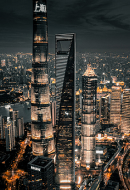
'Smart cities': The digital transformation of the cities
We present the world's smartest cities.

Sustainable cities
A sustainable city is one that has been able to introduce greenery into the urban environment to reduce CO2 emissions.
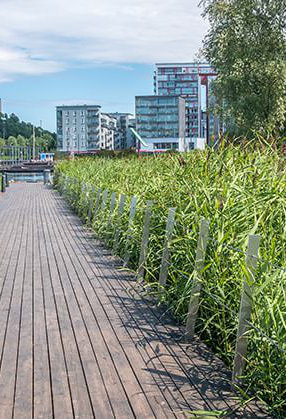
Sustainable development in cities
Environmentally conscious citizens, urban planners and architects are pinning their hopes on eco-neighbourhoods.

What is an ecovillage?
Ecovillages are small, self-sufficient communities that live from and for their natural surroundings.





